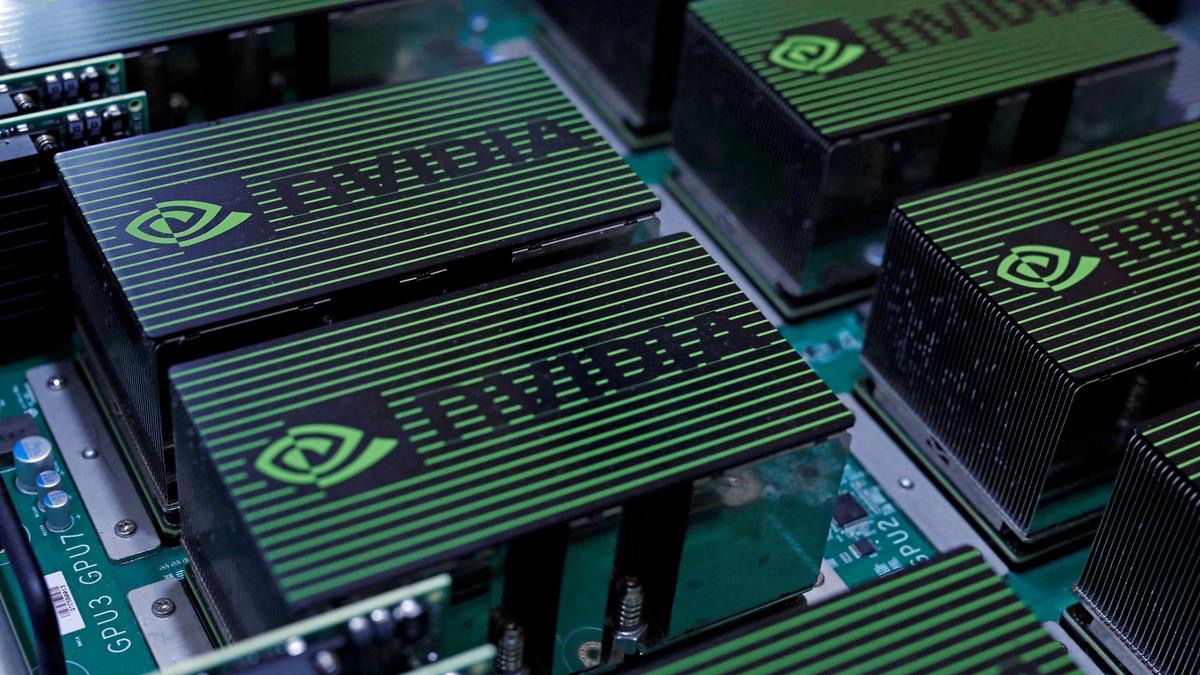Chinese regulators have summoned US chipmaker Nvidia over what they claim are “serious security issues” tied to its H20 artificial intelligence chips, escalating pressure on American tech firms as US-China trade tensions drag on.
On July 31, the Cyberspace Administration of China (CAC), the country’s top internet watchdog, said it had called in Nvidia representatives to explain alleged vulnerabilities and potential backdoors in the H20 chips designed specifically for the Chinese market under US export controls.
The CAC has demanded supporting documents from Nvidia, citing concerns raised by US security experts that the chips might include remote shutdown features or advanced location tracking capabilities.
The investigation follows Nvidia’s recent move to resume sales of the H20 in China after the US loosened some restrictions. The chip is a stripped-down version of Nvidia’s high-end AI processors, built to comply with Washington’s rules aimed at limiting China’s access to top-tier computing power.
Nvidia CEO Jensen Huang, who recently visited Beijing, has sought to reassure Chinese clients. “They want to know that Nvidia is still investing here and committed to serving this market,” he said, calling China “open and stable” after meetings with senior officials.
Still, the probe adds to Nvidia’s growing challenges in China the world’s largest semiconductor buyer as Beijing accelerates efforts to reduce dependence on foreign tech. Analysts say this could be part of a broader play to boost domestic players like Huawei, whose 910C chip is seen as a key local rival.
“This kind of targeting of US firms is nothing new in the broader US-China standoff,” said Jost Wubbeke of Berlin-based Sinolytics. “But the timing is surprising, especially given that both countries recently agreed to extend trade talks.”
Wubbeke added that the scrutiny might reflect a more aggressive posture from Beijing, aimed at discouraging Chinese firms from relying on US chips like the H20 and nudging them toward homegrown solutions instead.
The diplomatic pressure lands at a sensitive time, as China faces persistent economic headwinds from a sluggish property market to the fallout of US trade policy. President Xi Jinping has repeatedly pushed for greater self-reliance in strategic sectors like semiconductors and AI.
Despite the turbulence, Nvidia remains dominant in the global AI chip market. Just this month, it became the first company to cross a $4 trillion valuation, a sign of unwavering investor confidence in its central role in the AI boom.















